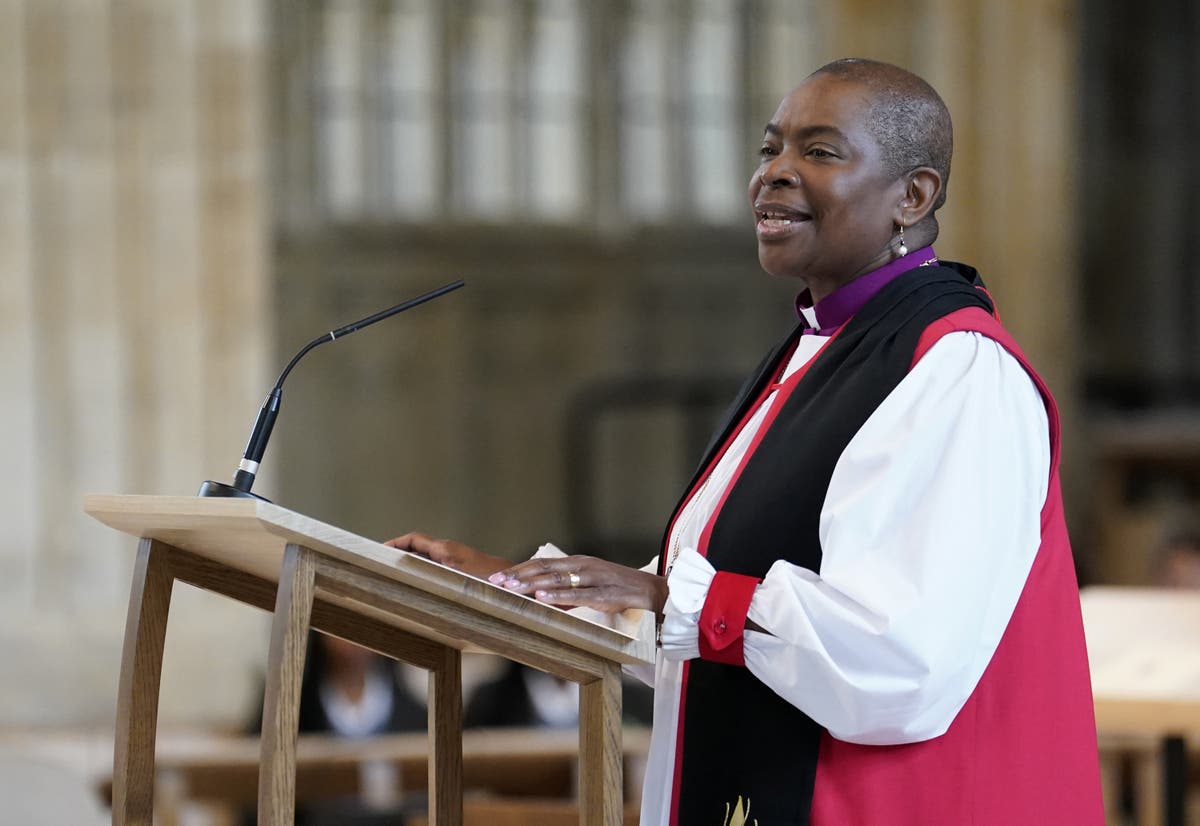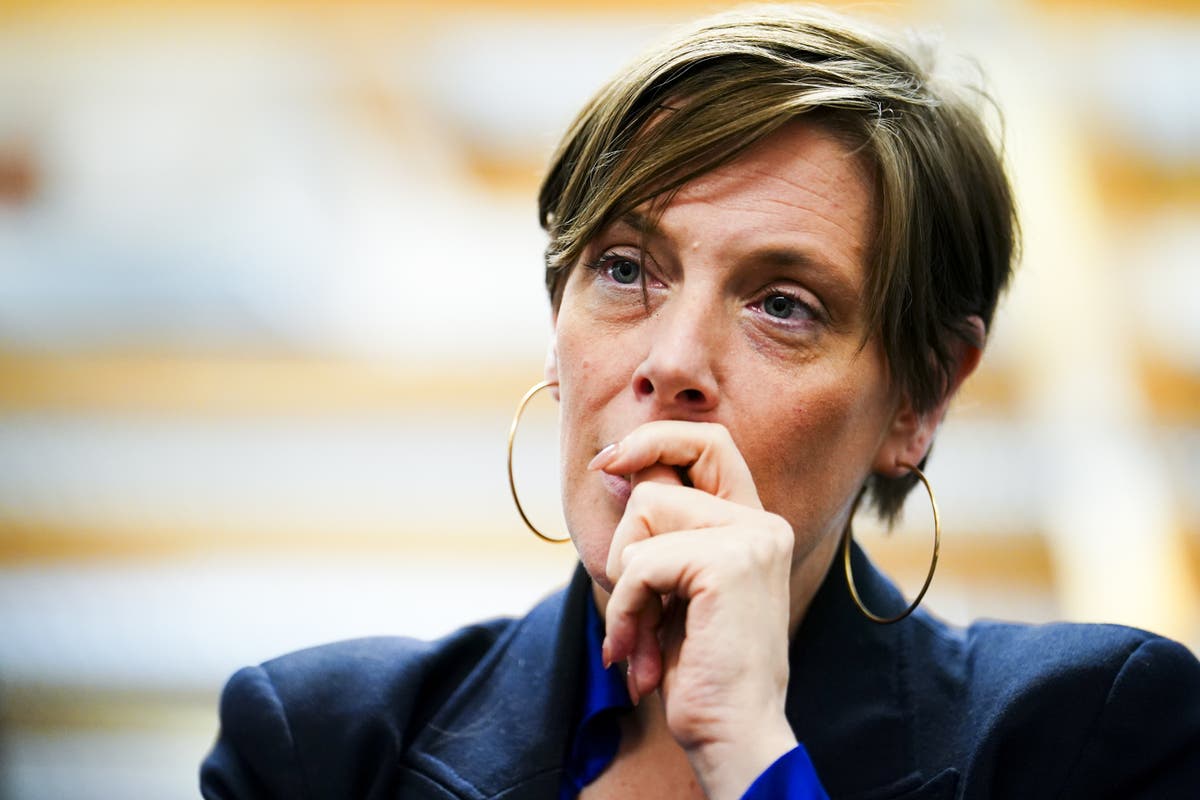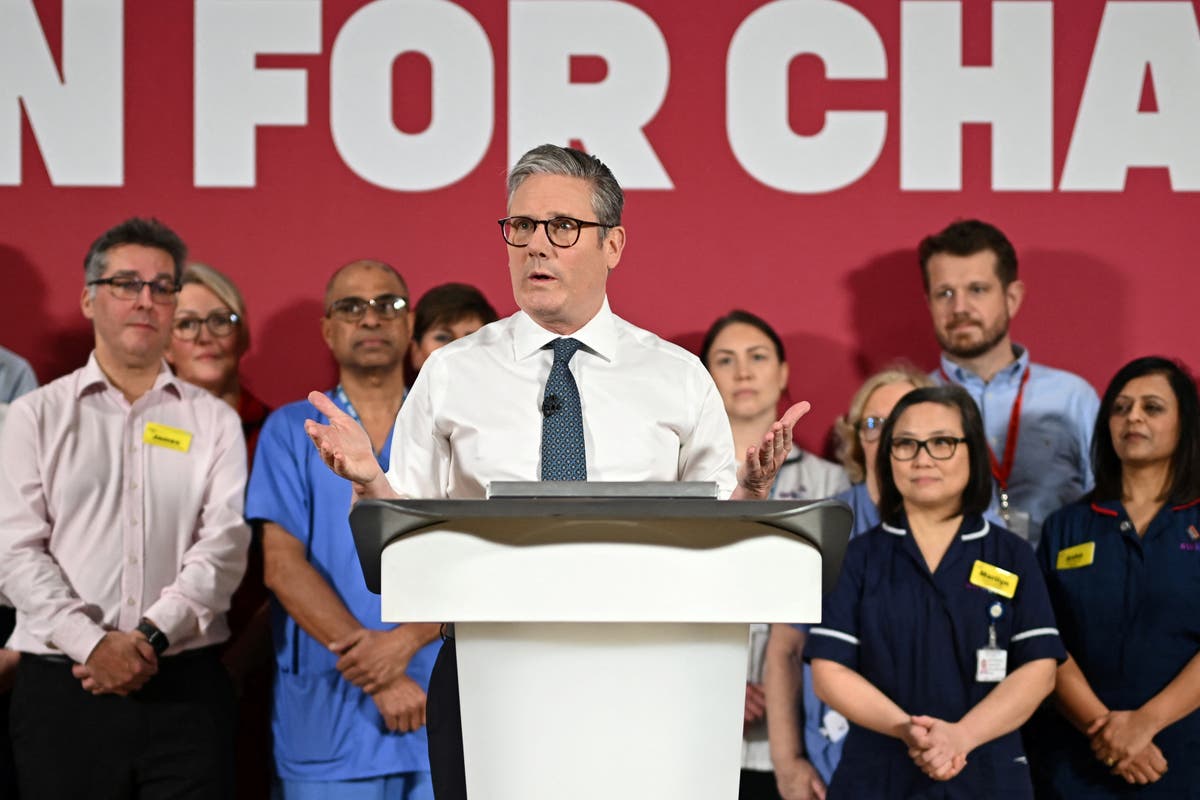Dover Bishop Rose Hudson-Wilkin, temporarily filling Archbishop Justin Welby's duties, has sharply criticized the UK government's financial aid to France aimed at deterring illegal immigration. She contends that these funds are counterproductive, potentially causing more deaths among those attempting the perilous crossings. In a wide-ranging interview with The Independent, Bishop Hudson-Wilkin also offered commentary on Brexit, the Church of England, and her own experiences.
The Bishop, a prominent figure in the Church of England, spoke out against the "stop the boats" strategy, emphasizing the human cost. "The millions of pounds we're giving to the French Gendarmerie are actually creating more deaths," she declared. "I've seen firsthand the unsafe conditions in Calais. Destroying the shelters used by refugees is callous and unacceptable." She urged a more compassionate approach, questioning why the focus is solely on deterring migration, without addressing the underlying causes of people fleeing their home countries.
Further, Bishop Hudson-Wilkin's recent autobiography, The Girl from Montego Bay, touches upon her early life in Jamaica and her journey to becoming Speaker's chaplain during the turbulent Brexit era. She staunchly defended former Speaker John Bercow, arguing that he was a victim of Brexit's political climate. Her views extend to a condemnation of the "shameful" parliamentary conduct during Brexit debates, highlighting the negative consequences of the UK's departure from the EU. She advocates for "restorative justice" regarding the slave trade, differentiating it from reparations.
The Bishop also reflected on the ongoing challenges within the Church of England, particularly highlighting systemic issues of racism. In her book, she detailed the difficulties of her appointment as Speaker's chaplain, including unexpected opposition and the way in which she was contrasted with a more "traditional" candidate.
Bishop Hudson-Wilkin's criticism echoes concerns over the humanitarian impact of current immigration policies. Her views offer a compelling counterpoint to the dominant narratives surrounding migration and provide insight into the personal and political struggles of individuals navigating these complex issues. The autobiography will be available from January 16th.







